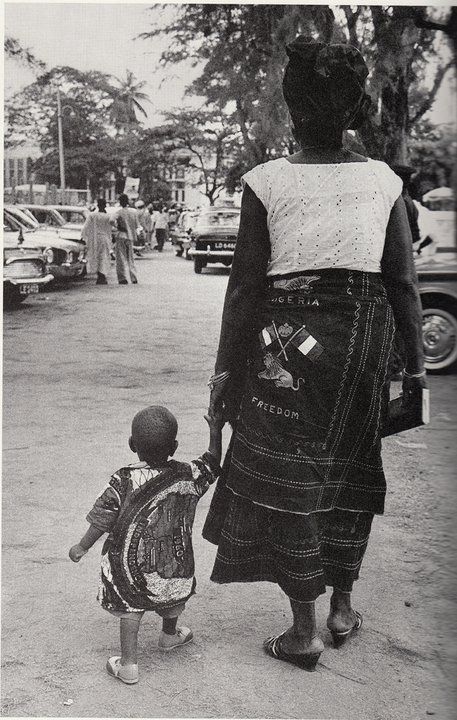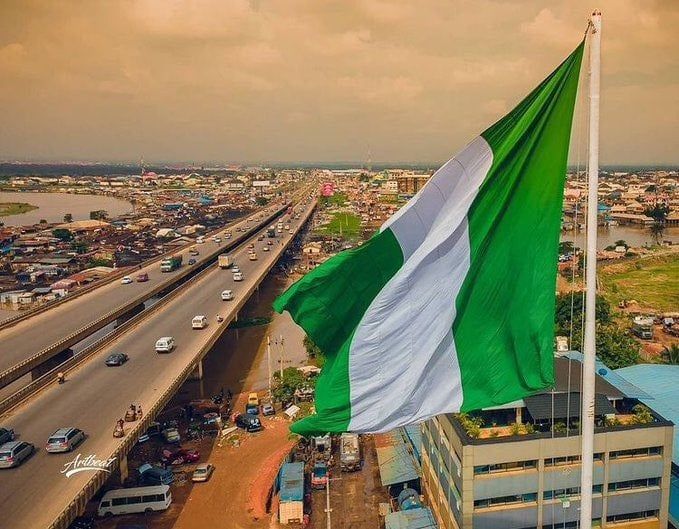On the morning of October 1st, 1960, Lagos woke to drums and gun salutes. It was Nigeria’s Independence. The Union Jack slipped down the pole, and the Green-White-Green rose with the hope of a people reborn. Crowds filled Race Course, eyes glistening with tears and wonder. Nnamdi Azikiwe stood as Governor-General, Tafawa Balewa as Prime Minister, men who carried the weight of a nation’s dream. That day, Nigeria was free. Or so we thought.
Sixty-five years later, the question echoes: whose independence was it really?
The Dream of 1960 – A Giant Awakened
Independence was not just about flags and anthems; it was about destiny. Nigeria, blessed with oil, cocoa, groundnut pyramids, coal, and an unyielding spirit, was poised to lead Africa into a new dawn.
- “We are grateful to Almighty God,” Tafawa Balewa declared, “and we dedicate ourselves to the service of our country.”
- Zik envisioned a united federation, Awolowo pushed for welfarism, Bello dreamed of a northern renaissance.
Lagos was alive that night. Fireworks lit the skies, highlife music poured into the streets, and people danced with the conviction that tomorrow would be better. In the eyes of many, independence was not just a political break from Britain, it was the promise of prosperity, dignity, and greatness.
The Betrayal – Dreams Deferred
But freedom proved fragile.
The ink on the independence documents was barely dry before cracks appeared. Ethnic tensions deepened, coups shattered democracy, and within seven years the dream spiraled into the nightmare of civil war. Between 1967 and 1970, Biafra burned. Starvation and death claimed millions. A young nation, barely walking, already stumbled under the weight of its contradictions.
And then came the oil boom of the ’70s. A chance to build, wasted on greed. Roads half-finished. Refineries abandoned. Education and health crumbled. Military rule silenced dissent, while corruption became the new anthem.
There was the Lagos of 1960 filled with joy and pride, now there’s the Lagos of today, where millions hustle under bridges, where street hawkers dodge danfos, where children sell sachet water in traffic.
Whose independence is it, when hunger is the companion of millions, and safety is a luxury?
Hope vs. Betrayal – The Unfinished Freedom
Nigeria stands as a paradox: free, yet shackled. Independent, yet dependent.
- Independent from Britain, yet chained by IMF loans, oil politics, and global manipulation.
- Free in name, yet trapped in cycles of poor leadership.
- Rich in resources, yet poor in distribution.
The flashbacks of Biafra haunt us still, reminding us that unity was never truly healed. Promises of “One Nigeria” sound hollow when divisions; ethnic, religious, class, define our politics.
Independence gave us sovereignty, but it did not guarantee justice. It gave us flags and anthems, but not food and dignity. What we inherited was political independence without economic liberation. That is the essence of unfinished freedom.
65 Years, Three Generations

Independence is not experienced the same way across time.
- The elders still remember 1960; the pride, the parades, the sense that their land was finally theirs. For them, the betrayal is personal, like watching a dream wither.
- The middle generation grew up under coups, curfews, and dictatorships. For them, independence was defined not by hope but by fear, survival, and compromise.
- The young generation today see independence as a hollow symbol. Their flags are passports and visas. Their anthem is the sound of boarding calls at international airports. For many, “freedom” is not tied to Nigeria’s destiny but to escape from it.
This is the tragedy: a freedom so unfinished that each generation grows more distant from its original meaning.
Whose Independence?
So, 65 years on, who can truly say they are free?
- The ruling elite who inherited the colonial mantle and built dynasties from the nation’s wealth?
- Foreign corporations that still mine our oil and minerals while communities choke on pollution?
- Or the ordinary Nigerian who wakes each day to grind, to hustle, to survive?
Perhaps freedom belongs to the hawker who refuses to starve in silence. To the protester who lifts placards in defiance. To the young people who fight to “japa” yet still dream of home. To the voices of resistance; Fela’s sax, Ken Saro-Wiwa’s pen, EndSARS chants, poetry on street walls.
Independence is not a static date on the calendar. It is a struggle. A demand. A work yet unfinished.
The Illusion of Independence – Flags vs. Freedom
Perhaps the harshest truth is that what we celebrated in 1960 was not full independence, but the illusion of it.
The flag changed, but the system remained.
The anthem was rewritten, but the chains of poverty and dependency stayed locked.
Where the colonial masters once stood, local elites stepped in, inheriting palaces, privileges, and power.
Independence was supposed to be liberation, yet it became substitution. Britain left, but its influence lingered in trade deals, oil contracts, and education systems. We were told we were free, but the structure of our lives remained shaped by forces beyond us.
Freedom was promised as a new house; what we got was the same old building, repainted in green and white.
So, 65 years on, the question remains urgent: did Nigeria ever truly break free, or did we simply inherit the burden of calling ourselves independent while still chained to the logic of colonialism?
The Flag Still Rises
October 1, 1960 was never the end of the story; it was only the prologue. Sixty-five years later, the Green-White-Green still flutters in the wind, but the freedom it promised remains unfinished, unfulfilled, unsettled.
Independence will only be real when justice replaces hunger, when dignity conquers corruption, when unity triumphs over division.
Until then, the flag rises, but freedom has yet to land.
